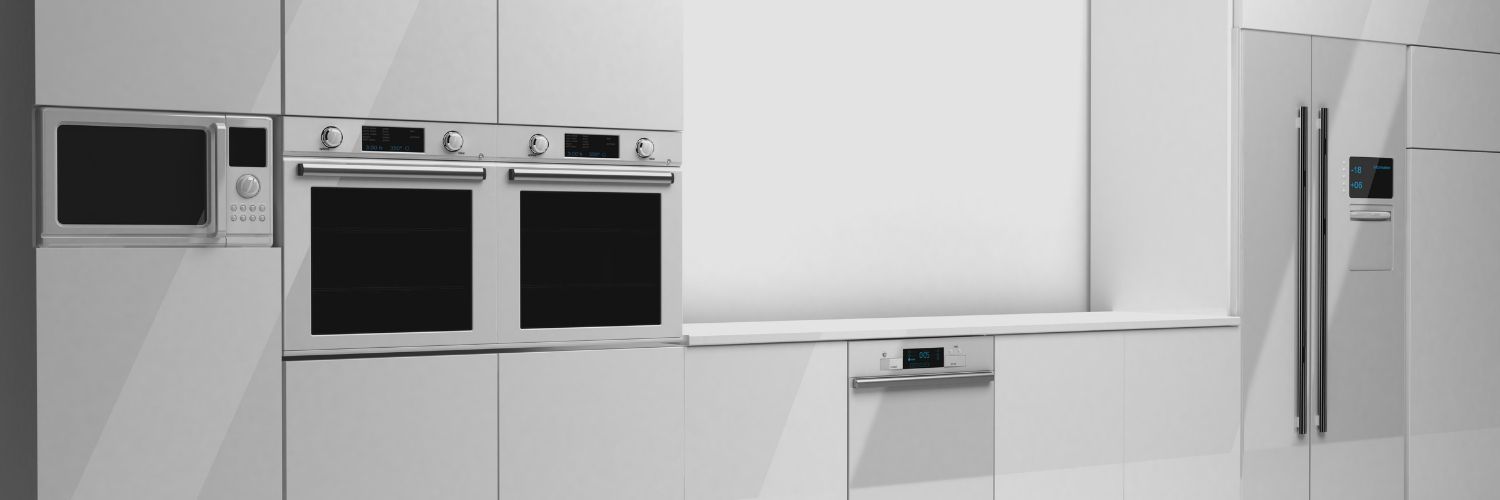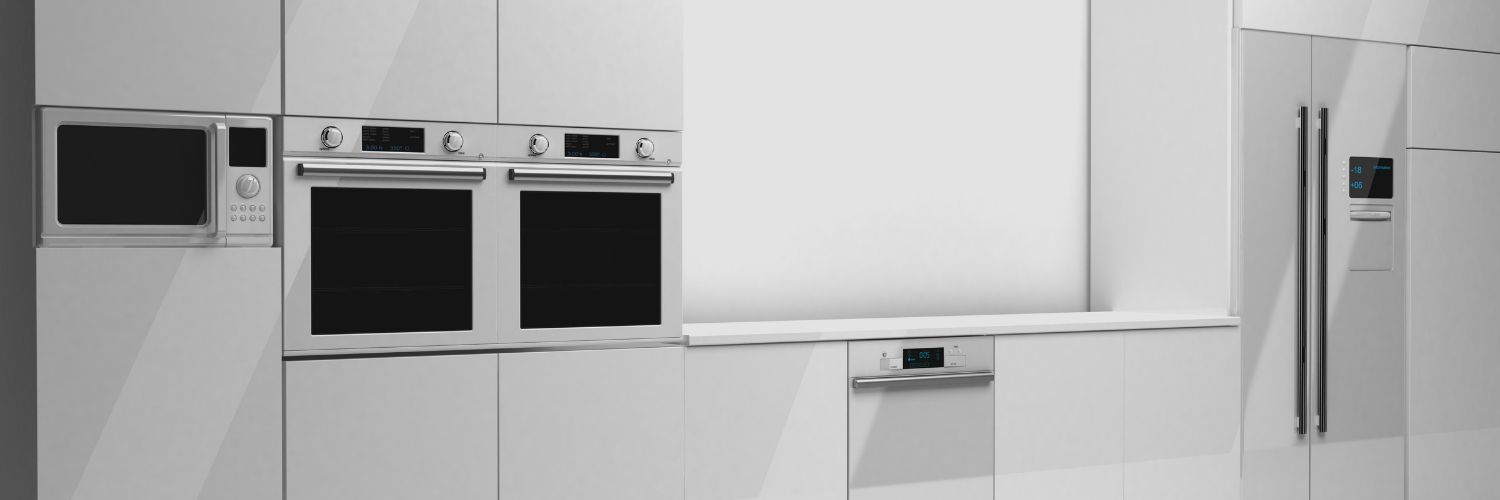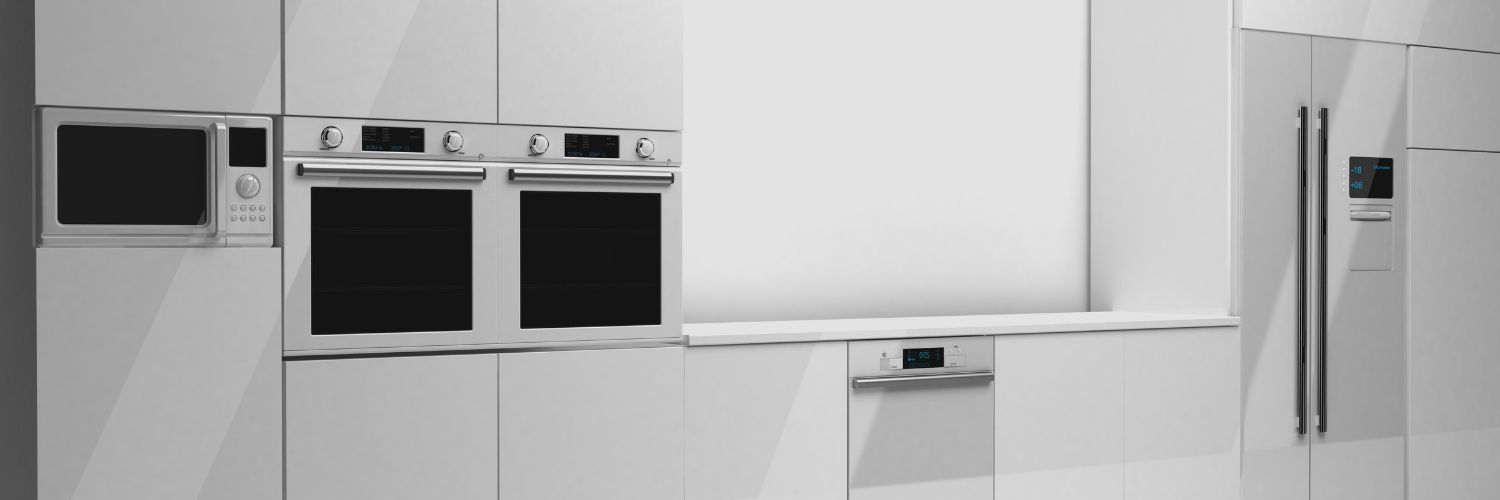Troubleshooting Refrigerator Cooling Issues: A Comprehensive Guide to Understanding and Repairing Common Problems
A malfunctioning refrigerator can lead to spoiled food and inconvenience. In this comprehensive guide, we'll explore troubleshooting and repairing refrigerator cooling problems to ensure your appliance functions optimally. From understanding the root causes of cooling issues to implementing effective repairs, we've got you covered. Say goodbye to warm beverages and soggy produce with the insights provided in this guide.
Understanding Refrigerator Cooling Problems
Before diving into solutions, it's essential to understand the underlying causes of refrigerator cooling issues. Here are some common culprits:
Dirty Condenser Coils
Dirty condenser coils can impede airflow and prevent efficient heat exchange, leading to inadequate cooling performance.
Faulty Evaporator Fan Motor
A faulty evaporator fan motor may fail to circulate cold air throughout the refrigerator, resulting in uneven cooling or warm spots.
Diagnosing the Issue
Once you've identified potential causes of cooling problems, it's time to diagnose the specific issue affecting your refrigerator's performance.
Temperature Assessment
Begin by checking the temperature settings on your refrigerator and freezer compartments. Use a thermometer to measure the internal temperatures and ensure they align with the recommended settings.
Frost Buildup
Excessive frost buildup on the evaporator coils or inside the freezer compartment can obstruct airflow and hinder cooling performance. Inspect the coils and freezer interior for signs of frost accumulation.
Addressing Common Refrigerator Cooling Problems
Armed with a better understanding of the underlying issues, let's explore practical solutions to resolve refrigerator cooling problems.
Clean the Condenser Coils
Regularly clean the condenser coils to remove dust, dirt, and debris that can inhibit airflow and impede cooling performance. Use a coil brush or vacuum cleaner to gently remove buildup from the coils.
Replace the Evaporator Fan Motor
If the evaporator fan motor is faulty or malfunctioning, it may need to be replaced to restore proper airflow and cooling efficiency. Consult the refrigerator's manual or seek professional assistance for replacement.
Frequently Asked Questions (FAQs)
Q: Why is my refrigerator not cooling properly?
A: Several factors can contribute to inadequate cooling in a refrigerator, including dirty condenser coils, a faulty evaporator fan motor, or insufficient refrigerant levels.
Q: How often should I clean the condenser coils?
A: It's recommended to clean the condenser coils at least once every six months to maintain optimal cooling performance and energy efficiency.
Q: Can I repair the evaporator fan motor myself?
A: Repairing or replacing the evaporator fan motor may require technical expertise and specialized tools. If you're uncomfortable with DIY repairs, it's best to consult a professional technician.
Conclusion
In conclusion, troubleshooting and repairing refrigerator cooling problems is essential to ensure your appliance maintains optimal performance. By understanding the root causes of cooling issues and implementing effective solutions, you can extend the lifespan of your refrigerator and prevent food spoilage. Say goodbye to warm beverages and melted ice cream with the insights provided in this comprehensive guide.
You might also like
Book A Service Today
We will get back to you as soon as possible.
Please try again later.
Give us a call today!
Book your appliance repair today!
Calgary's leading professional appliance repair company.
*Legal disclaimer: this is a referral based website. All work is completed by a professional.
Services
Phone Hours
- Mon - Fri
- -
- Sat - Sun
- -


